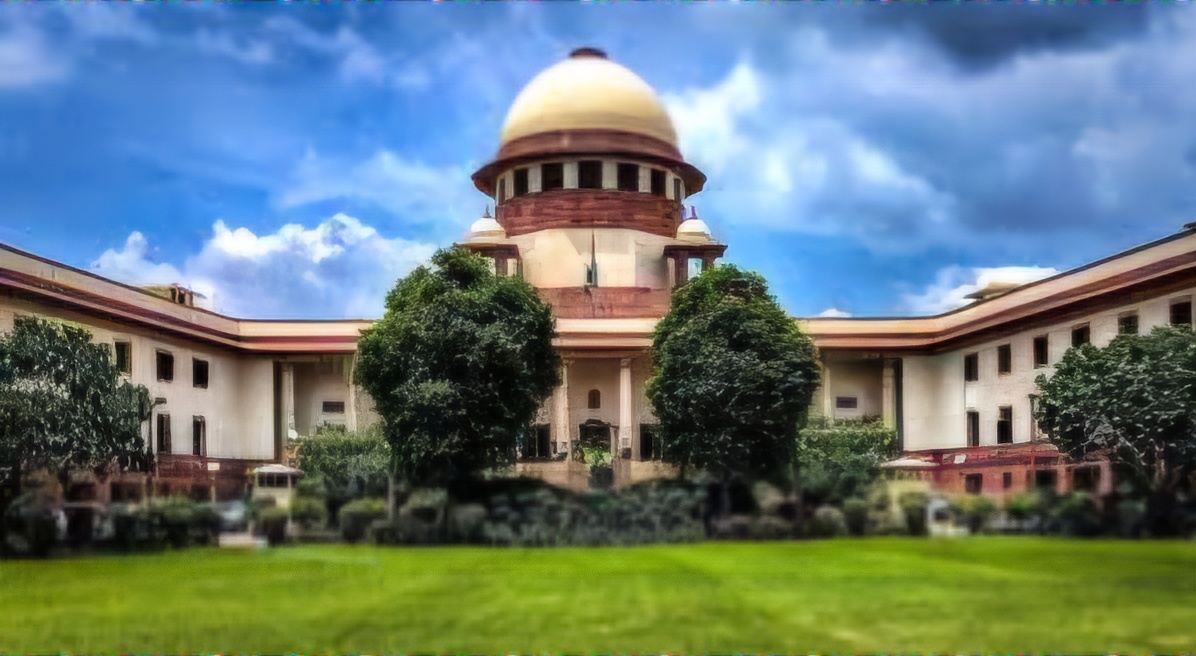


The Supreme Court, within the case of Fuleshwar Gope vs Union of India & Ors., tended to significant issues encompassing the Illegal Exercises (Anticipation) Act, 1967 (UAPA) and the legitimacy of sanctions beneath the law. The judgment spins around whether legitimate strategy was taken after in giving sanctions and whether statutory timelines were followed to amid the examination and arraignment prepare.
Key Facts of the Case
Fuleshwar Gope was implicated in a case involving the People's Liberation Front of India (PLFI), a terrorist organization. Gope, along with others, was accused of aiding PLFI by forming a company used to channel funds for the group's illegal activities. After the inquiry was started in 2016, several chargesheets were filed, and in 2020, Gope was taken into custody. Through procedural flaws and a lack of application of mind in granting penalties, he attempted to have the sanction orders and charges against him revoked.
The Supreme Court's Decision
The 2008 Rules and the deadlines under Section 45 of the UAPA were scrutinized by the Supreme Court. Gope’s defense argued that the sanction process was rushed, raising questions about its validity. However, the Court, referring to multiple precedents, held that while timelines are important, they are not strictly mandatory unless failure to adhere causes substantial prejudice to the accused.
Furthermore, the Court clarified that sanctions granted under UAPA require an independent review of evidence. Gope's claim was rejected when the Court determined that, despite the procedure being accelerated, it did not contravene the principles of justice or fairness in this instance.
This decision strikes a balance between the necessity of prosecuting severe crimes like terrorism in a timely manner and upholding due process in cases under the UAPA.
Click Here to: Download/View Related File
TAGS: UAPA Supreme Court judgment sanction validity procedural compliance Fuleshwar Gope People’s Liberation Front of India terrorism funding Unlawful Activities (Prevention) Act.